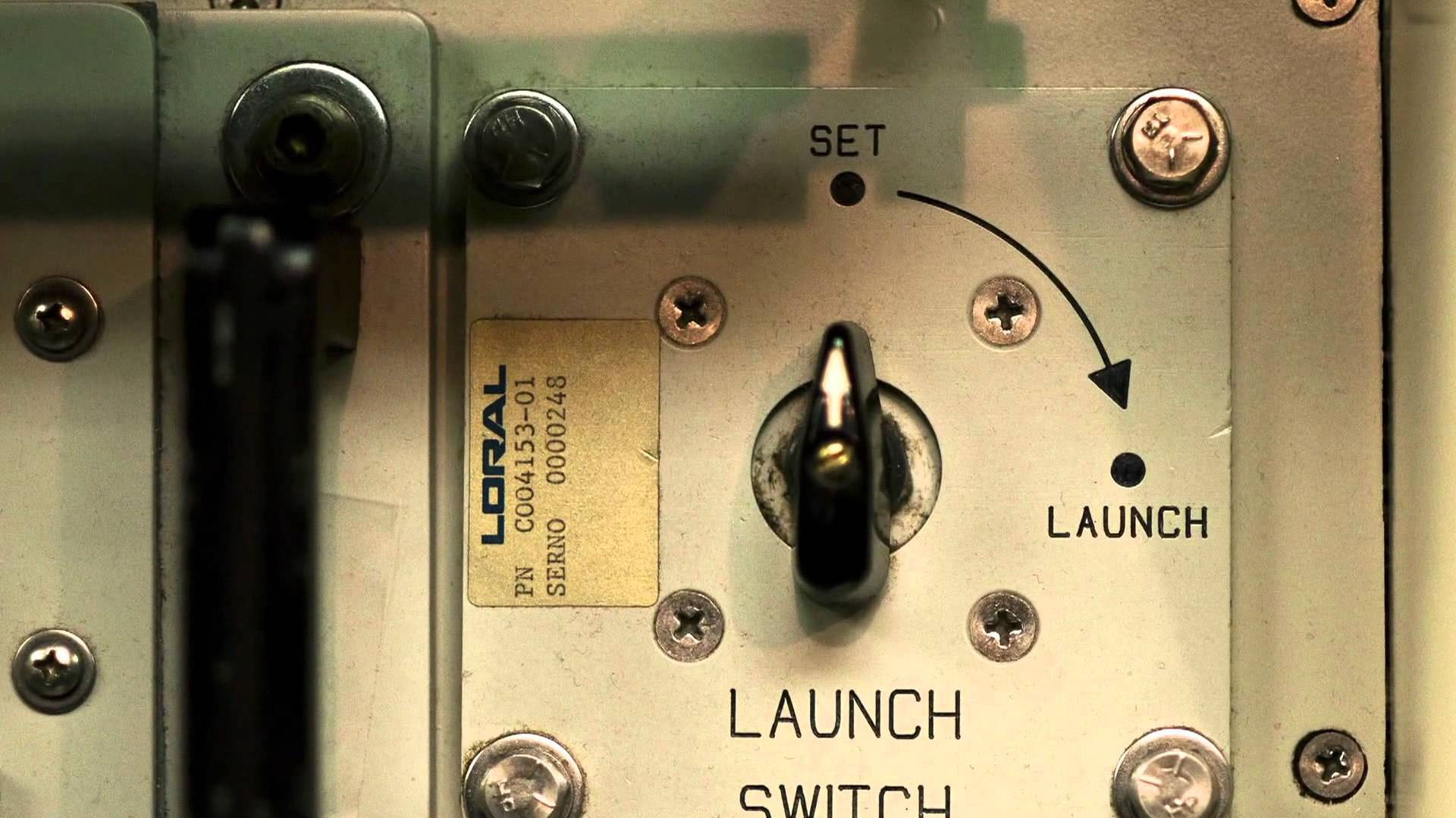Date
November 14, 2017
Document
- View PDF (76 KB)
Description
This document is a transcript of the testimony of Dr. Peter Feaver to the Senate Foreign Relations Committee on the subject “Use of Nuclear Weapons Authority.” In his testimony, Dr. Fevear focuses on the role of Congress in shaping command and control, something that is often overlooked as the control of nuclear weapons is mostly delegated to the executive branch, specifically the President. As he speaks before the Foreign Relations Committee, Fevear makes four points about the command and control of nuclear weapons.
He begins by talking about a concept referred to as the “always/never dilemma.” With the goal of protecting the United States, nuclear weapons must always work when called upon to provide an effective and credible deterrent to other nuclear powers.However, we must be sure that there is never an unauthorized or accidental use of these weapons. This is an ongoing problem as improvements to one side of the equation may have unknown or adverse effects on the other side. As Dr. Fevear stated in his testimony:
“…The right balance depends on the geostrategic context and advances in technology, among other factors, which is why we should never act as if the problem has been “solved.“ On the contrary, it is a problem that must be managed on an ongoing basis, adjusting as appropriate with other changes.”
The testimony continued with a discussion of funds. In order to support the changes needed to an evolving command and control system, a large amount of funding will need to be delegated to C3 (Command, Control, and Communications). The money is not only needed to fix hardware and software issues, but also issues in “wetware,” the human element involved in nuclear weaponry. This human element is the most important because it requires the correct action be taken by everyone from the leadership down to the subordinate level. Human involvement has also created a “paradox of control” in which the more restrictions high levels of command impose, the more “work-arounds” are created by subordinates. These “work-arounds” are not always understood or known by those at the highest level, creating uncertainties in the processes of deploying nuclear weapons.
This led into the third discussion point: optimizing decision time. Dr. Fevear labeled this as the most important reform to command and control as it would allow for discussion between the president and their advisors, and could ensure that the best decision is made. If enough time is allowed, it would also be possible to receive input from Congress to ensure the use of nuclear weapons is appropriate.
Finally, the testimony is concluded with a recommendation that the current command and control system be reviewed. Congress has the power to strengthen command and control, and Dr. Fevear suggest to the committee that it would be wise to have this aspect of nuclear weapons be thoroughly reviewed in the next Nuclear Posture Review, and to consider several proposed ideas about altering the chain of command in deploying the United States’ nuclear arsenal, including introducing checks on the President’s authority on these weapons.
Citation
Fevear, Peter. “Use of Nuclear Weapons Authority.” November 14, 2017.
Provenance
Obtained from the United States Senate Committee on Foreign Relations website.
Topics
Document entry started by Jordan Cory on August 19, 2020. Entry last updated by Jordan Cory on August 19, 2020.

